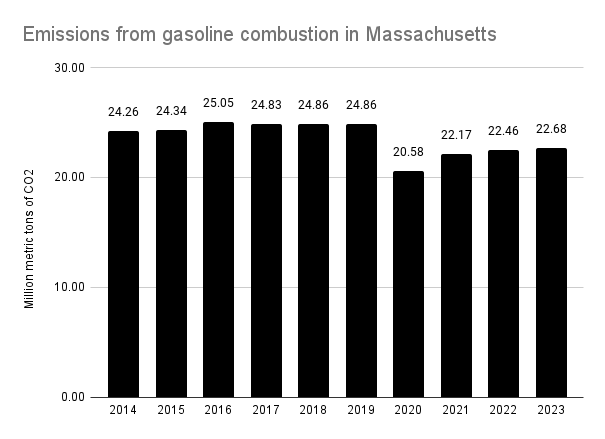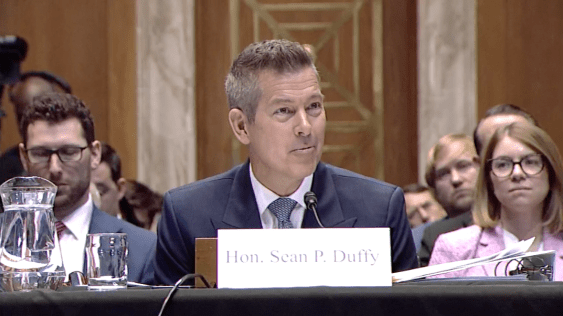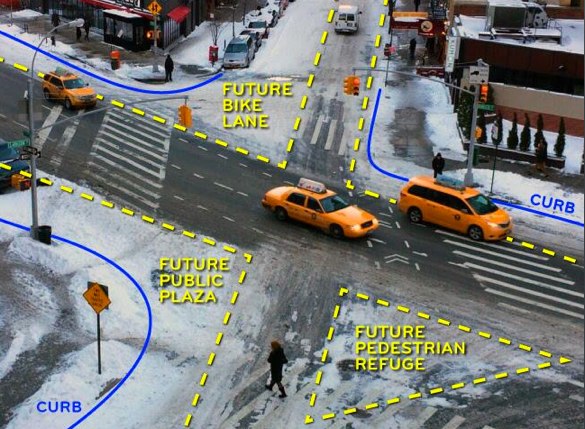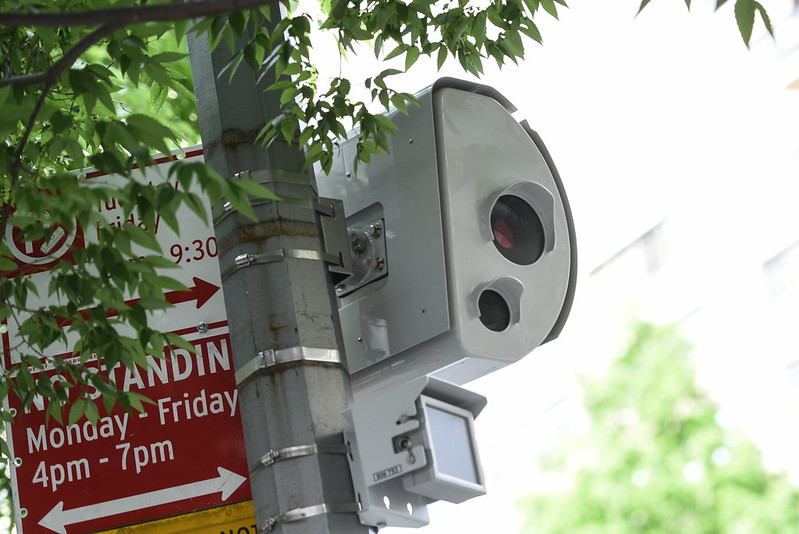
In a frustrating setback to the Commonwealth's climate goals, Massachusetts drivers incinerated 24 million more gallons of gasoline in 2023 than they did in 2022, according to state tax collection data.
That represents the third consecutive year of rising gasoline consumption in the Commonwealth since the beginning of the Covid-19 pandemic.
The trend undermines the state's climate strategy, which calls for fossil fuel use to converge quickly toward zero in the next two decades.
Fuel tax collection data indicate rising emissions from cars and trucks
Data for the Commonwealth's gasoline consumption can be inferred from the Department of Revenue's Blue Book reports, which provide detailed information about monthly collections from the state's fuel tax.
Those reports show that Massachusetts collected $612 million in fuel taxes in calendar year 2023. At a tax rate of 24 cents per gallon, that implies that Massachusetts drivers bought and burned 2.55 billion gallons of gasoline last year.
To put that number in perspective, imagine replacing all the water in Walden Pond with gasoline, and setting it on fire – and doing it again every four months.*
When burned, each gallon of gasoline generates 8.89 kilograms of carbon dioxide in the exhaust from cars and trucks, according to the Environmental Protection Agency. So the 2.55 billion gallons of gasoline that Massachusetts drivers bought and burned in 2023 generated 22.68 million metric tons of greenhouse gases – roughly one-third of the climate-heating emissions from the entire Massachusetts economy.
Pollution remains below pre-pandemic levels — for now
The state's tax revenue data show that gasoline consumption dipped considerably in 2020, as millions of Massachusetts residents dramatically curtailed their travel during the Covid-19 pandemic.
And although consumption has been rising steadily since then, gasoline consumption does still remain below pre-pandemic levels. Statewide gasoline consumption in 2023 was almost 9 percent, or 245 million gallons, less than it was in 2019.
Transportation generates more air pollution in general, and climate pollution in particular, than any other sector of the Massachusetts economy.
And while other sectors, like buildings and electric power plants, are becoming more efficient over time by using less energy and transitioning to cleaner sources of power, the fuel tax data show that the Massachusetts transportation sector has been stubbornly resistant to making similar progress.
Under the Global Warming Solutions Act of 2008 and the "climate roadmap" law of 2021, the transportation sector will to reverse these trends relatively quickly, and dramatically.
Fuel tax revenues not keeping pace with funding needs
At the same time, the fuel tax remains a major source of funding for new transportation investments across the Commonwealth – but the growth in fuel tax revenue isn't anywhere close to keeping pace with the state's infrastructure investment needs.
The $612 million that Massachusetts collected in fuel tax revenue in 2023 was only a one percent increase over the $607 million the state collected in 2022.
Meanwhile, the inflation rate between mid-2022 and mid-2023 was about 3 percent.
So even though Bay State residents are burning more gasoline, the true, inflation-adjusted value of fuel tax collections is actually going down – making less money available for cleaner transportation projects and programs.
* Walden Pond contains an estimated 3.2 million cubic meters of water, according to "Geohydrology and Limnology of Walden Pond, Concord,
Massachusetts" by John A. Colman and Paul J. Friesz (2001), which is equivalent to about 845.4 million gallons – about one-third the volume of the Commonwealth's annual gasoline consumption.





